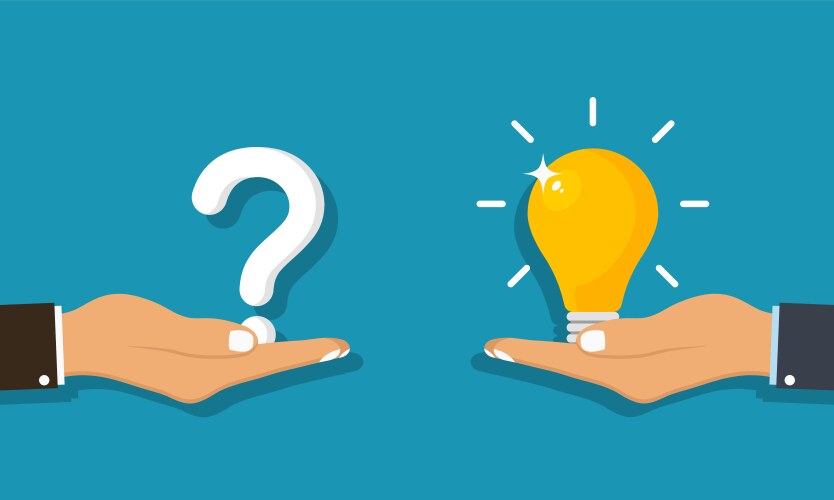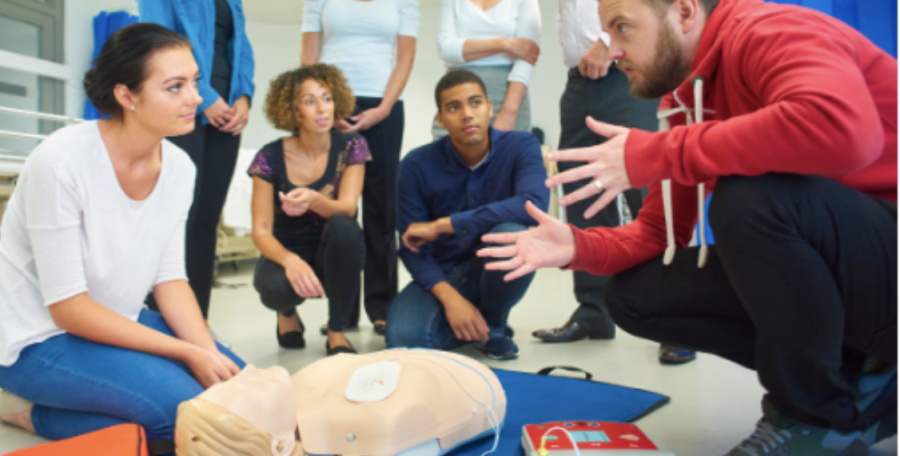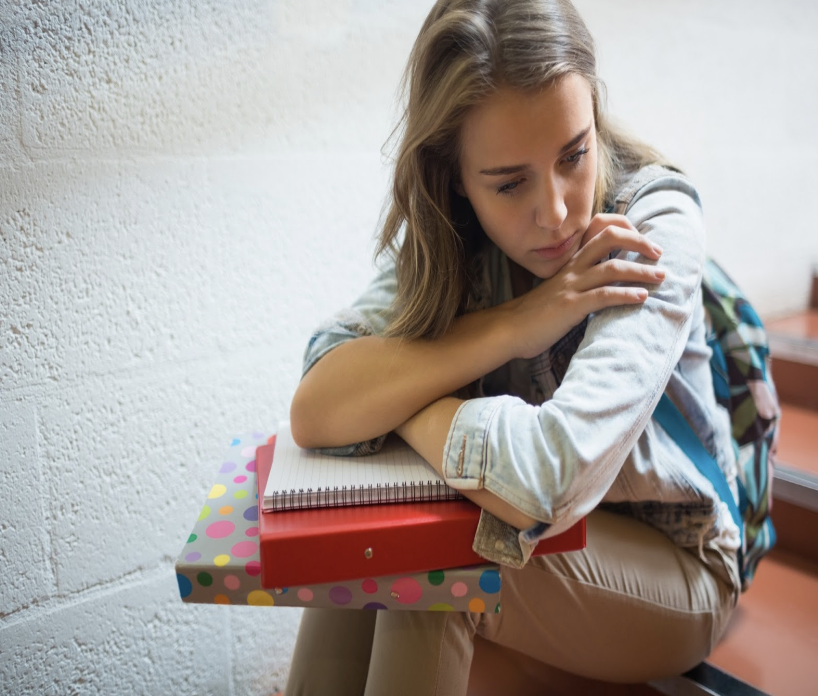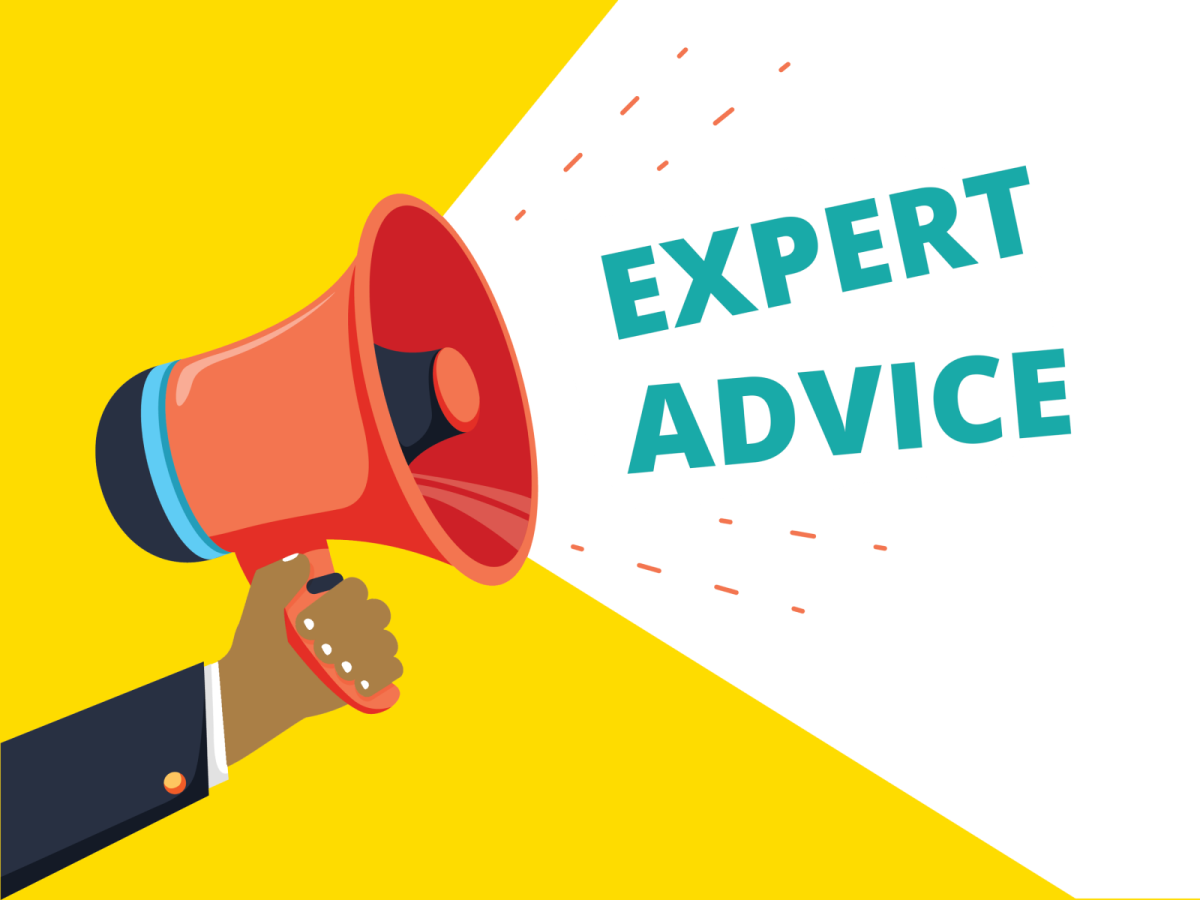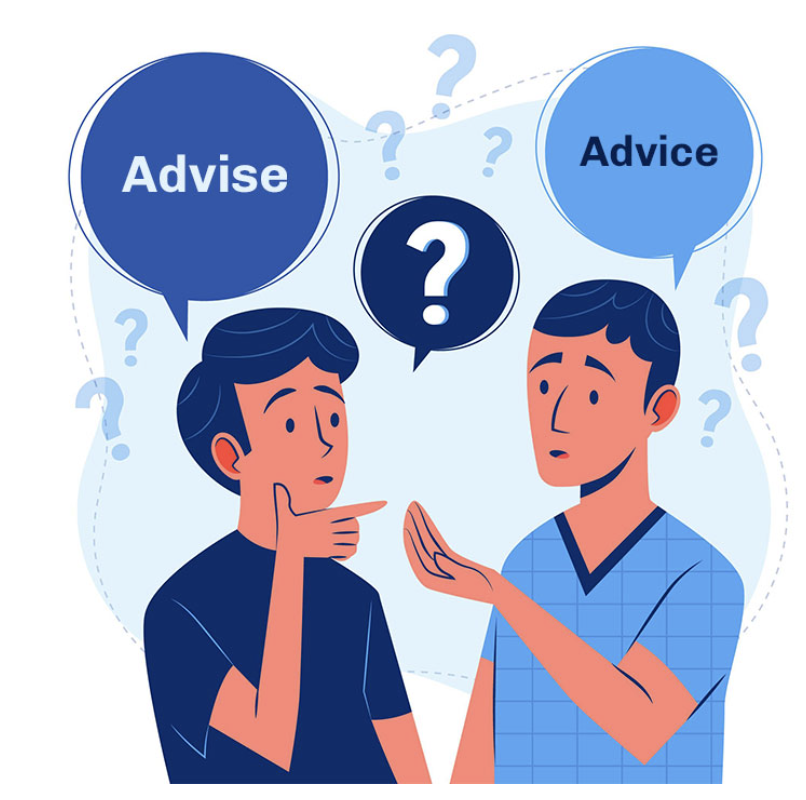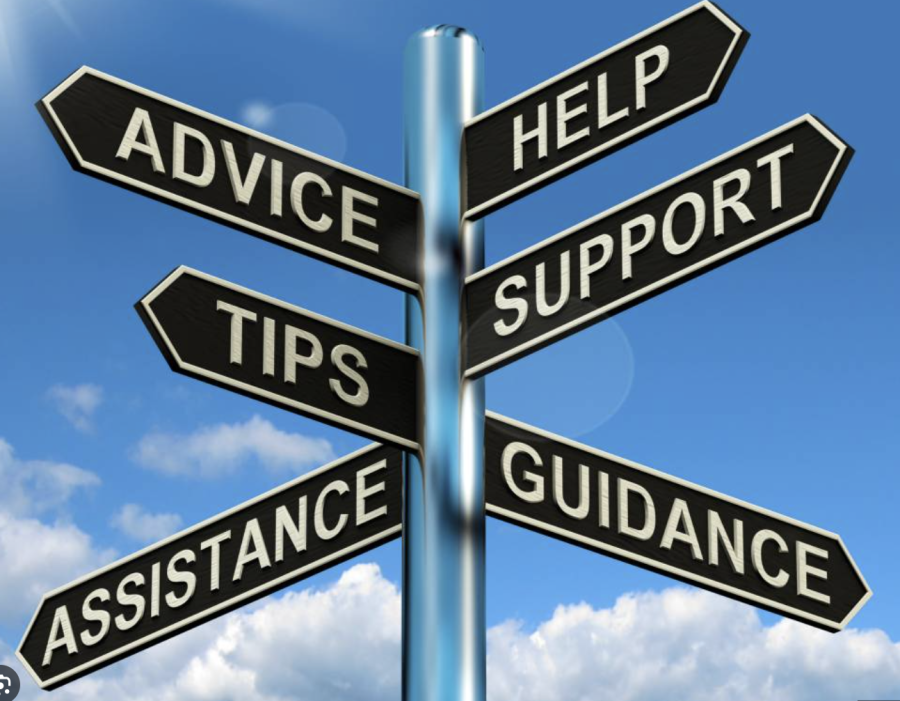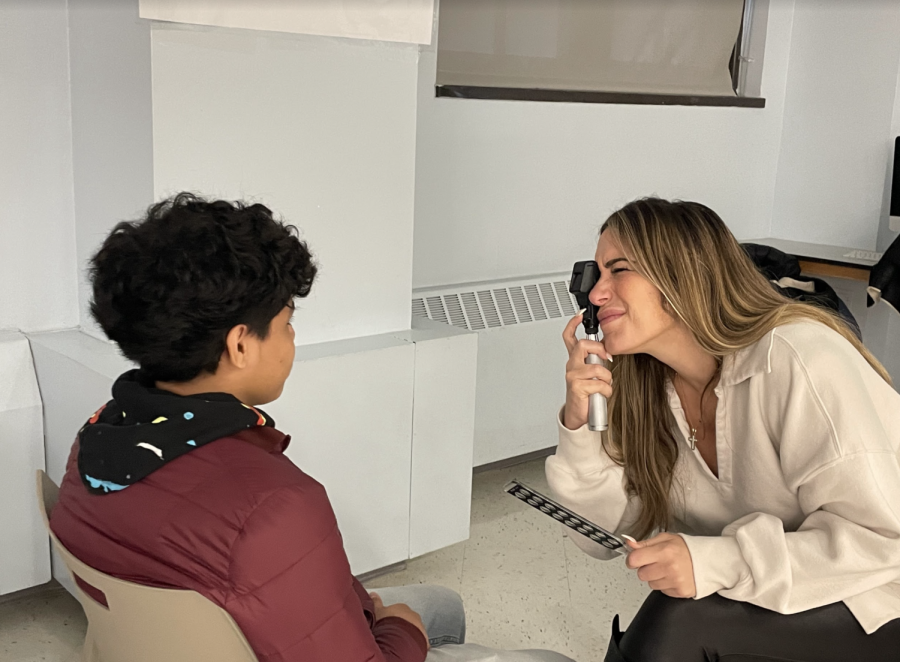
The world we live in has changed drastically. Just in the last two generations, we have achieved the feat of guaranteeing internet access to almost 64.6% of the world population. It is undeniable that the internet has provided us with a wide variety of information and tools, and it’s hard to think of a future without its presence. Despite its advantages, the internet has changed our lives in many ways; the social mechanism and the way of interacting with other humans experienced a turning point since the Internet was released. Thus, it’s not new that the social tools we enjoy might present a series of inconveniences in the development of the younger generations. Nowadays, practically all the youth enjoys the privilege of having access to a smartphone and its use at early ages seems to be normalized. This phenomenon is causing a variety of modern issues. In Liberty High School, the diversity of mind-sets and perceptions, as it pertains to social media, is creating a vast contrast in mental health states.
One student at LHS, Jose Paucar, says that “I feel that social media is sort of a problem to me, sometimes I avoid doing things I have pending or that I have to do just because I’d spend so much time on social media.” Most teenagers, similar to Jose, spend a considerable amount of time doing things such as watching tiktoks, or posting and looking at other peoples’ states. This, besides affecting the time they spend in useful activities (resulting in procrastination) directly impacts the self-esteem of a person. Teenagers have a propensity to compare themselves with others. This tends to result in a misconception of beauty and socially acceptable conduct. Consequently, the way teenagers see themselves might be affected, making them feel that, since they are not like that Instagram model or that influencer, they don’t have value or they are not enough. This applies not only to physical appearance, but also with hobbies and other traits. A person who just started painting would feel sort of discouraged if he just kept watching awesome and skillful painters.
Social media affects us in other ways beyond making people feel dissatisfied with what they have. A fantastic characteristic of social media is that it provides accessible information and a place to find news stories. However, as Angelica, a mother of former students at Liberty High School, says “Sometimes the only thing I do after work is to get home and check my social media, but the content I find makes me feel anxious or sad.” This is due to social media offering a variety of content to whoever is using the services. Human nature and our tendency to feel empathy would put us in a situation where we feel pity for the fellowman or feeling impotent for not being able to help. Psychological studies show that exposure to a lot of bad news has a negative impact on the psychology of someone, leading them to feeling that life is violent or aggressive, and that the world might be suffering quite plenty.
Another noticeable consequence of the generalized use of social media and other digital ways of communication is that, nowadays, people tend to develop their social interactions through social media, often preferring digital interaction instead of having real eye-to-eye communication. Since humans are social beings, the need to have interaction with other humans is part of our nature. Some people, with the prior premise, could consider the digital interaction easier, for the primary language traits such as voice tone, or body language can be “skipped” resulting in a more amenable way of communicating if, for instance, you have to deal with a breakup or you have to tell something important to a family member. This scenario poses a problem since, according to several studies, human eye-to-eye communication is essential to develop the social skills needed in the social ecosystem, as well as the pivotal role in plays in one’s mood.
Human nature has not changed drastically compared to the evolution of the social mechanism that has taken place in the last centuries. Basically, the more interpersonal relationships you had, the more your reward system would make you feel good, as you perform something useful in a biological sense. The current human daily life has changed and since people now are able to ignore or avoid that human necessity, the lack of eye-to-eye contact can cause depression, anxiety, stress, and even physical damage, such as a negative effect on one’s sleep. Nataly Saez, who has been working in the city for 2 years says that “Due my tight schedule I really don’t enjoy a lot of free time, and when I do so, I’m too tired to hang out with friends or go out and have fun. Sometimes I just see movies with my friends online or I talk to them by phone.” Like Nataly, many people nowadays find themselves sharing more time with their friends or people they care about through social media, and it’s important to acknowledge the potential influence that this activity might have on our mental health.




